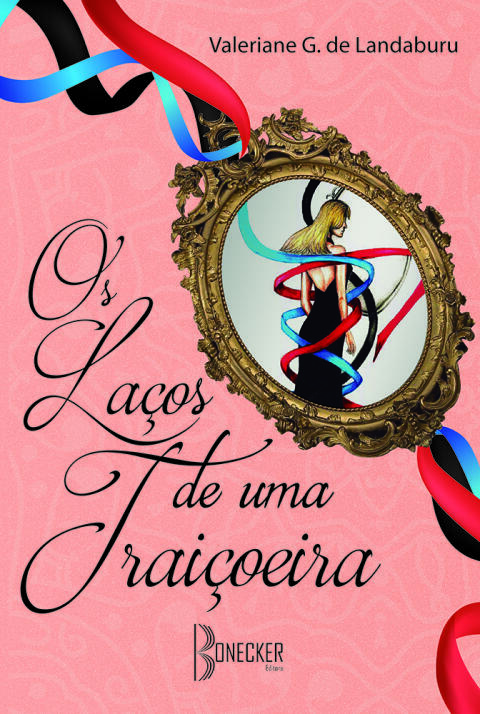
D. Leopoldina: a história não contada
by:
Paulo Rezzutti
Edition: 1a edição.
Language: Portuguese
Format: Paperback
ISBN 10: 8544105106
ISBN 13: 9788544105108
Publication date:
May 9th, 2022
Publisher: Leya
Pages: 466
Genres: History
In a compelling exploration of historical narrative, this work unveils the untold story of D. Leopoldina, a pivotal yet often overlooked figure in Brazilian history. Set against the backdrop of early 19th century Brazil, the narrative intricately weaves together personal and political elements, revealing the complex life of Leopoldina as she navigates the shifting tides of power and identity. The author, Paulo Rezzutti, masterfully crafts a portrait of this remarkable empress, shedding light on her significant influence in the socio-political landscape of her time.
Rezzutti deftly examines Leopoldina’s role in the backdrop of European imperial ambitions, particularly those of Austria, providing rich context to her marriage and subsequent reign in Brazil. By highlighting the historical events from 1817 to 1826, the work offers a nuanced understanding of the challenges and triumphs she faced as a monarch trying to balance her responsibilities with her personal aspirations.
The narrative goes beyond mere biography, diving deep into the cultural and emotional fabric of the era, inviting readers to empathize with Leopoldina’s struggles. It serves as a reminder of the often-ignored contributions of women in history, effectively reclaiming Leopoldina's legacy as a vital part of Brazil's journey towards independence.
Through engaging prose and meticulous research, this book is a significant addition to Brazilian historical literature, promising to captivate anyone interested in the complexities of identity, power, and the untold stories that shape our understanding of the past.
Rezzutti deftly examines Leopoldina’s role in the backdrop of European imperial ambitions, particularly those of Austria, providing rich context to her marriage and subsequent reign in Brazil. By highlighting the historical events from 1817 to 1826, the work offers a nuanced understanding of the challenges and triumphs she faced as a monarch trying to balance her responsibilities with her personal aspirations.
The narrative goes beyond mere biography, diving deep into the cultural and emotional fabric of the era, inviting readers to empathize with Leopoldina’s struggles. It serves as a reminder of the often-ignored contributions of women in history, effectively reclaiming Leopoldina's legacy as a vital part of Brazil's journey towards independence.
Through engaging prose and meticulous research, this book is a significant addition to Brazilian historical literature, promising to captivate anyone interested in the complexities of identity, power, and the untold stories that shape our understanding of the past.











